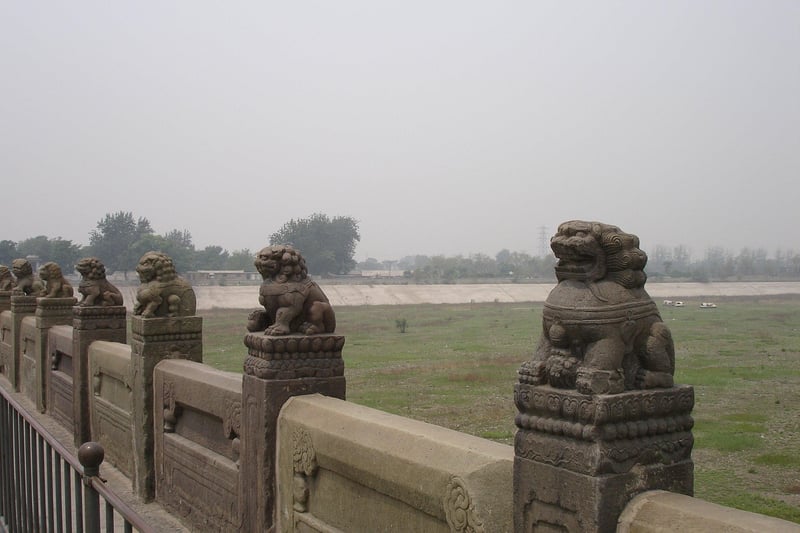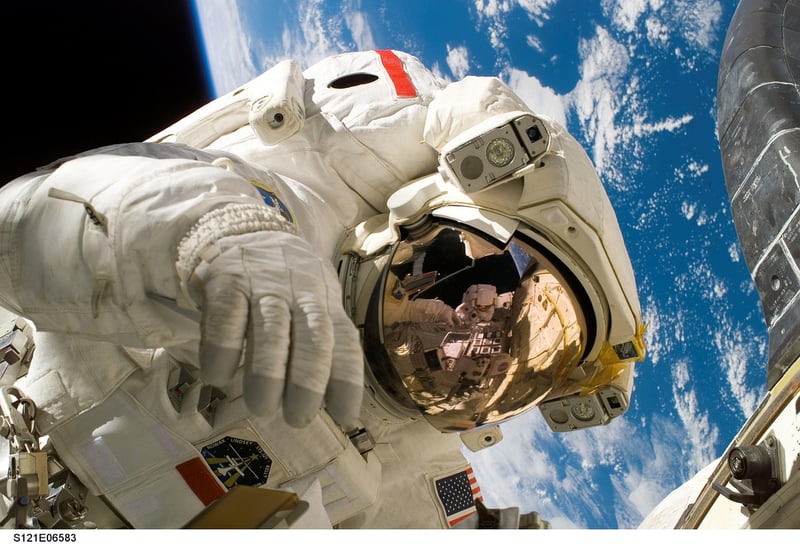Future Exploration
The Evolution of Exploration Through Different Eras and Future Possibilities
Introduction
Exploration has been a fundamental part of human history, driving us to discover new lands, cultures, and scientific frontiers. From ancient times to the modern era, explorers have ventured into the unknown, pushing the boundaries of what is possible. Let's delve into the different eras of exploration and look ahead to the future possibilities that lie before us.
Ancient Exploration
Ancient civilizations like the Egyptians, Phoenicians, and Greeks were among the earliest explorers, navigating the seas and establishing trade routes. The legendary expeditions of figures like Marco Polo and Zheng He opened up new worlds and connected distant lands.

Age of Discovery
The Age of Discovery saw European explorers like Christopher Columbus, Vasco da Gama, and Ferdinand Magellan embark on voyages that changed the course of history. They mapped new territories, traded exotic goods, and encountered diverse cultures.

Modern Exploration
In the modern era, exploration expanded beyond Earth as astronauts ventured into space. The Apollo missions, space shuttles, and the International Space Station have allowed us to explore the cosmos and conduct groundbreaking research.

Future Exploration
The future of exploration holds exciting possibilities, from deep-sea exploration to Mars colonization. Advancements in technology, such as AI, robotics, and virtual reality, are revolutionizing how we explore and interact with our environment.

Conclusion
Exploration has always been driven by curiosity, courage, and a thirst for knowledge. As we look back on the journeys of the past and forward to the frontiers of the future, one thing remains constant: the human spirit of exploration will continue to propel us towards new horizons.
